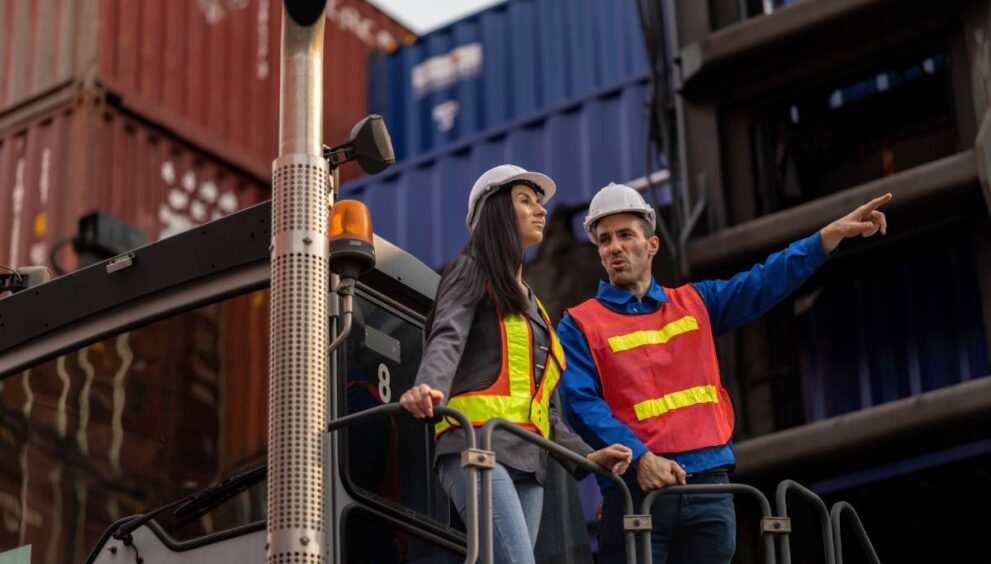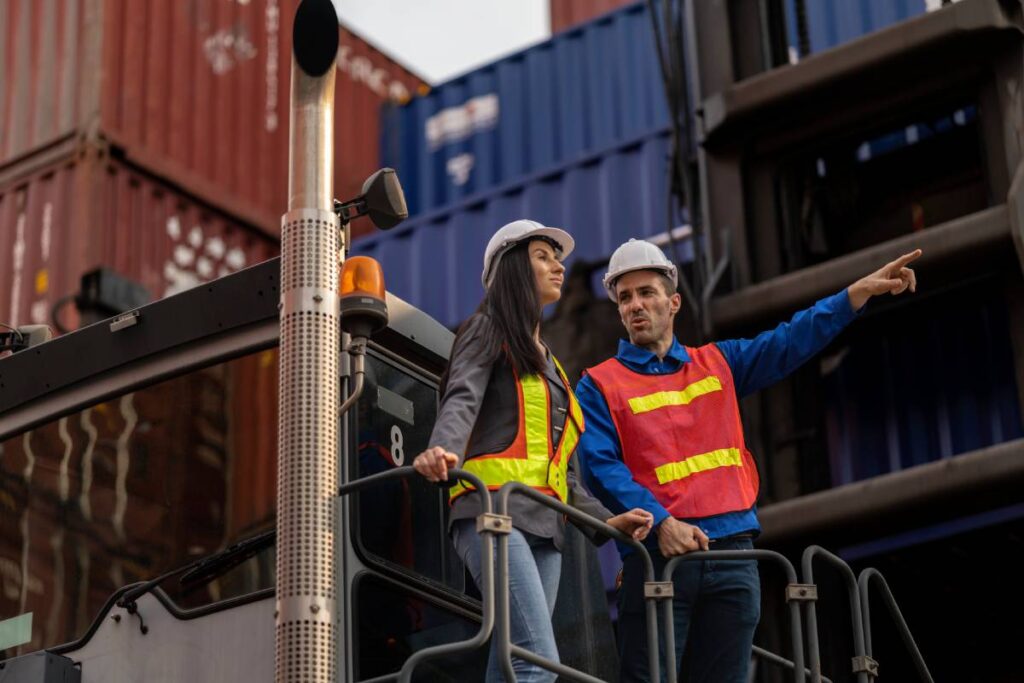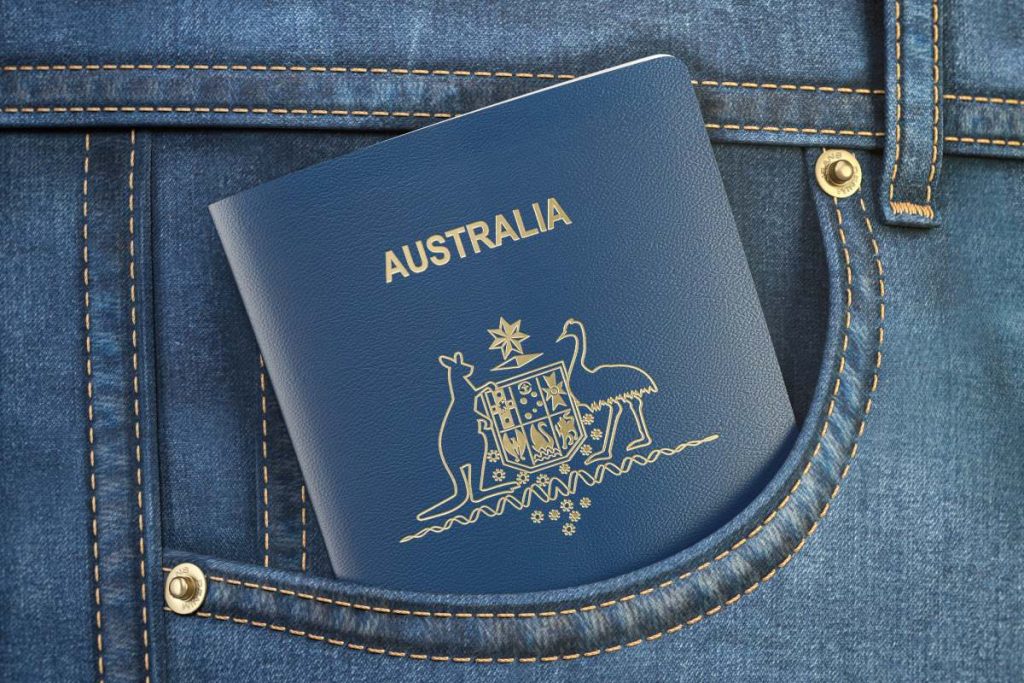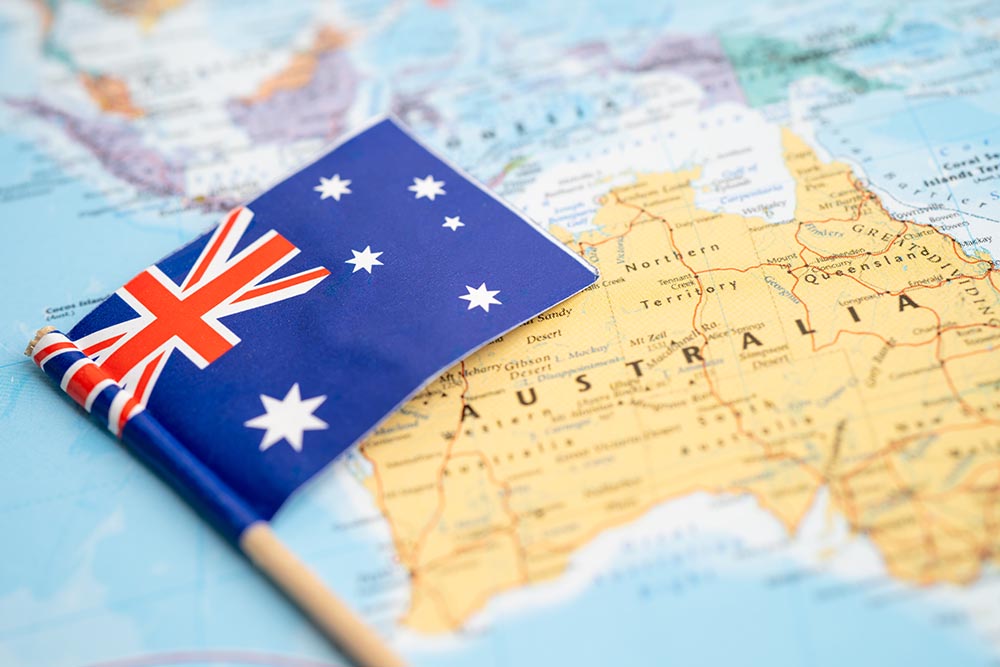What Is a Freight Forwarder? How Can They Help You?

In today’s global economy, the movement of goods across cities, states, and even continents has become essential for businesses and individuals alike. Whether you’re an e-commerce entrepreneur importing products, a mining company exporting machinery, or simply relocating valuable possessions overseas, there’s a key player who can make the complex process of shipping much simpler: the freight forwarder.
But what exactly does a freight forwarder do? And more importantly, how can they help you save time, money, and stress when moving goods? Let’s break it down in detail.
What Is a Freight Forwarder?
A freight forwarder is a logistics specialist who arranges the transport of goods from one location to another, either domestically or internationally. They act as intermediaries between you — the client — and the transportation services (such as shipping lines, trucking companies, airlines, and rail freight operators).
Importantly, freight forwarders typically don’t own the transport vehicles themselves. Instead, they use their industry expertise, network of contacts, and understanding of regulations to coordinate shipments efficiently and cost-effectively. Think of them as travel agents for cargo: they don’t fly the plane or drive the truck, but they know the best routes, carriers, and paperwork needed to get your goods where they need to go.
Key Services Offered by Freight Forwarders
Freight forwarders are more than just “middlemen.” They provide a wide range of services designed to make the shipping process smooth and compliant. Common services include:
1. Arranging Transportation
They choose the best routes and carriers for your shipment based on cost, speed, and cargo requirements. This could involve multiple modes of transport — for example, sea freight from Asia to Australia, followed by rail or truck delivery to a regional warehouse.
2. Customs Clearance
International shipping involves strict customs regulations. Freight forwarders handle the necessary documentation, including import/export declarations, tax forms, and permits. Their knowledge helps avoid delays caused by paperwork errors.
3. Cargo Insurance
Freight forwarders can arrange insurance to protect your shipment against damage, loss, or theft during transit, giving you peace of mind.
4. Warehousing and Storage
Some freight forwarders provide or arrange short-term and long-term storage facilities for goods awaiting shipment or final delivery.
5. Freight Consolidation
For smaller shipments, freight forwarders can consolidate multiple clients’ goods into one container to save on costs — a process known as Less than Container Load (LCL) shipping.
6. Tracking and Reporting
They provide shipment tracking services and regular updates, so you know where your cargo is at all times.
Why Businesses and Individuals Use Freight Forwarders
Hiring a freight forwarder isn’t just for big corporations. Here’s why many people — from small business owners to large exporters — rely on them:
1. Expertise in Regulations
Every country has its own import and export laws. Freight forwarders understand these regulations and can ensure your shipment complies with all requirements, reducing the risk of costly fines or delays.
2. Time Savings
Arranging transport, completing customs forms, and managing schedules can be extremely time-consuming. Freight forwarders handle all of this, allowing you to focus on running your business or managing other priorities.
3. Cost Efficiency
Because freight forwarders handle large volumes of cargo for multiple clients, they often have access to better rates from carriers — savings they can pass on to you.
4. Flexibility
Whether you’re moving one pallet or an entire container, freight forwarders can tailor solutions to fit your needs, including urgent shipments or unusual cargo.
5. Reduced Stress
Shipping can be stressful, especially if you’re unfamiliar with logistics processes. Freight forwarders take on the responsibility, giving you confidence your goods will arrive safely.
Domestic vs. International Freight Forwarding
While the core role of a freight forwarder remains the same, the complexity varies depending on whether the shipment is domestic or international.
Domestic Freight Forwarding
- Focuses on transporting goods within the same country.
- Typically involves road, rail, or domestic air freight.
- Less complex documentation than international shipping, but still requires careful planning for oversized or specialised cargo.
International Freight Forwarding
- Involves moving goods between countries.
- Requires customs documentation, compliance with international trade laws, and often a combination of sea, air, and land transport.
- More susceptible to delays caused by border inspections, weather conditions, or political issues.
How the Freight Forwarding Process Works
Here’s a simplified overview of what happens when you work with a freight forwarder:
- Request a Quote
- You provide details about your shipment (origin, destination, size, weight, special handling requirements).
- Planning and Booking
- The freight forwarder selects the best route and carrier, then books space for your cargo.
- Documentation
- They prepare the necessary shipping documents, customs declarations, and insurance.
- Cargo Collection
- The goods are picked up from your premises or warehouse.
- Transport Coordination
- The freight forwarder oversees the movement of your shipment across different carriers and transport modes.
- Customs Clearance
- For international shipments, they manage all import/export requirements.
- Final Delivery
- Once cleared, the cargo is delivered to the final destination.
Real-World Example: Freight Forwarders Like Darwin Transport
To put this into perspective, freight forwarders like Darwin Transport offer tailored logistics solutions for a wide range of clients. They can coordinate transport for everything from mining equipment and agricultural machinery to everyday consumer goods. Their local expertise in the Australian freight network, combined with access to international shipping routes, makes them an ideal partner for businesses that need reliable and efficient cargo handling.
Whether it’s navigating road freight challenges in remote areas, ensuring goods arrive on time in major cities, or managing cross-border shipments, companies like Darwin Transport demonstrate the real-world value of working with experienced freight forwarders.
Common Myths About Freight Forwarders
Some misconceptions can stop people from using freight forwarders — often to their own disadvantage.
Myth 1: They’re Only for Large Businesses
While many freight forwarders handle bulk shipments, they also work with small businesses, start-ups, and even individuals moving personal belongings.
Myth 2: They’re Too Expensive
In reality, freight forwarders can save you money by negotiating better rates and preventing costly mistakes.
Myth 3: You Don’t Need Them if You Can Book Shipping Yourself
You can book your own transport, but without insider knowledge of regulations, carrier reliability, and the best routing options, you might end up paying more and waiting longer.
Tips for Choosing the Right Freight Forwarder
If you’re considering hiring a freight forwarder, here’s what to look for:
- Industry Experience – Choose a company with proven expertise in your type of cargo or destination.
- Network Coverage – Ensure they have strong relationships with carriers and agents in key locations.
- Transparent Pricing – Ask for detailed quotes with no hidden fees.
- Good Communication – A reliable freight forwarder will keep you updated throughout the shipping process.
- References and Reviews – Look for feedback from past clients to gauge service quality.
The Bottom Line
Freight forwarders play an essential role in today’s supply chains. By bridging the gap between shippers and carriers, they simplify the complex process of transporting goods — whether it’s across town, across the country, or across the globe.
From arranging transport and handling customs paperwork to consolidating shipments and providing real-time tracking, freight forwarders ensure your cargo moves efficiently and securely. Partnering with experienced providers, such as freight forwarders like Darwin Transport, can help you reduce costs, save time, and minimise risk.
Whether you’re a business owner expanding into new markets, a manufacturer exporting heavy machinery, or simply moving valuable goods, a skilled freight forwarder can make all the difference between a stressful shipment and a seamless delivery.

 English
English 












































































